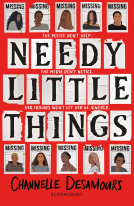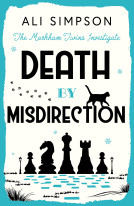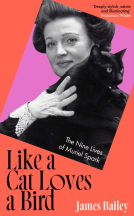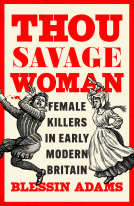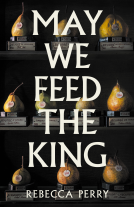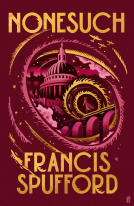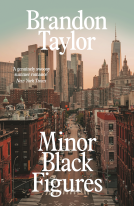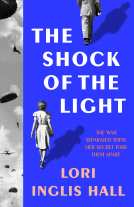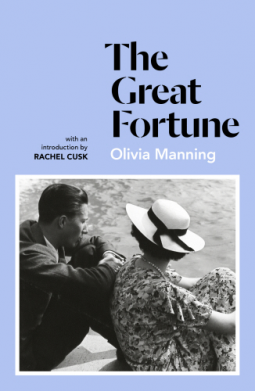
The Great Fortune
The Balkan Trilogy 1
by Olivia Manning
This title was previously available on NetGalley and is now archived.
Send NetGalley books directly to your Kindle or Kindle app
1
To read on a Kindle or Kindle app, please add kindle@netgalley.com as an approved email address to receive files in your Amazon account. Click here for step-by-step instructions.
2
Also find your Kindle email address within your Amazon account, and enter it here.
Pub Date 30 Jul 2020 | Archive Date 11 Feb 2021
Random House UK, Cornerstone | Windmill Books
Talking about this book? Use #TheGreatFortune #NetGalley. More hashtag tips!
Description
Autumn, 1939. Newly-weds Guy and Harriet Pringle step aboard the train to Bucharest. Guy’s lecturing job awaits, alongside friends and the ever-ardent Sophie – but for Harriet, alone and naive, it’s a strange new life. As Guy’s world collides with that of his new bride, Harriet realises how little she knows the man she has married. Manning’s masterpiece, alive with
exhilarating characters, is a haunting evocation of young love and the uncertainty of war.
Available Editions
| EDITION | Paperback |
| ISBN | 9781786091130 |
| PRICE | £8.99 (GBP) |
| PAGES | 352 |
Average rating from 14 members
Featured Reviews
If negotiating the terms of a new marriage, especially to a partner known for no more than a few months, is challenging, then how much more so when set against the start of WW2?
Guy and Harriet Pringle have met and married over the summer break before travelling to Bucharest where Guy is a British Council lecturer. There's no overarching plot to this semi-autobiographical novel, it's more a meandering portrait of characters: Harriet's realisation that Guy's big heart and interest in everyone around him means he might never prioritise her or their relationship; the jaw-droppingly selfish Yakimov who will survive whatever happens (and who seems to have wandered in from a Dickens novel, so close is he to caricature); Sheppy trying to mobilise an assorted array of British businessmen and lecturers into some kind of strike force against the Germans.
Although first published in 1960, this has quite an old-fashioned air about it, not least in the general superiority of the British characters as they rather nastily dismiss anyone not English. There are some interesting characters but the dated attitudes towards empire and nationality, however accurate to the time, are off-putting, especially as they appear to reflect Manning's own cultural values. An interesting portrait of a historical place and time, but I found it disappointing that it endorses rather than critically examining the cultural framework of the British - this is no The Jewel in the Crown of the Balkans.
Readers who liked this book also liked:
Julie Owen Moylan
General Fiction (Adult), Historical Fiction, Women's Fiction
